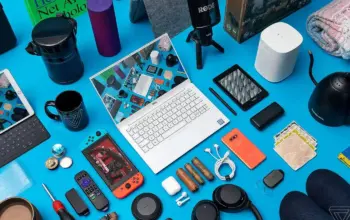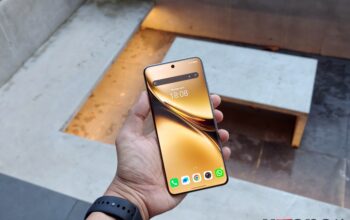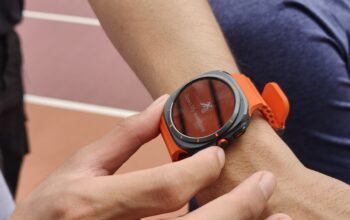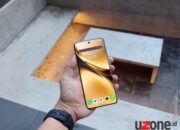Uzone.id – High-end smartphones, such as the iPhone 15 Pro or Samsung Galaxy S24 Ultra, offer top-tier features like premium design, exceptional performance, stunning displays, and camera systems that (maybe) rival DSLRs. These flagship devices represent the pinnacle of mobile technology, but their premium prices can make them inaccessible to many.
With so many phone manufacturers and models to choose from, finding the perfect device can be overwhelming. Whether you’re seeking a high-end phone or a more affordable option from Redmi, Poco, or Infinix, factors like camera specs, screen size, and storage capacity play a crucial role.
To simplify your phone-buying journey, I’ve compiled essential tips to help you make an informed decision and spend your money wisely.
Operating System (OS)
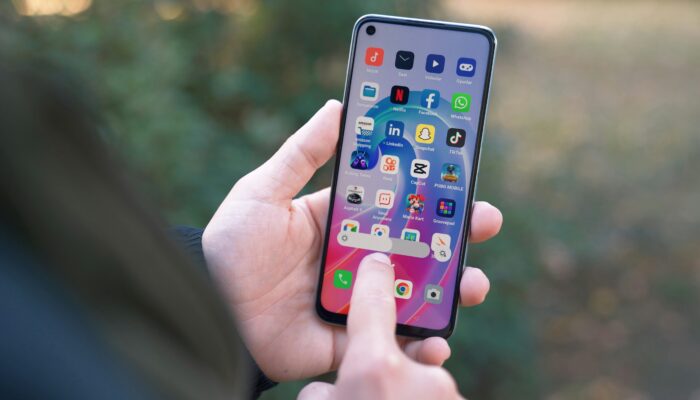
Easy to operate the iPhone, especially with the presence of the latest iOS 18 which has more features (especially more complete customization), as well as strong privacy features.
On the other hand, Android has many UI models provided by each brand, such as Samsung with One UI, Xiaomi with HyperOS, Realme with Realme UI, and so on.
All of these OS have more flexible customization for users, allowing them to adjust the appearance of the device according to their wishes.
And with so many brands using Android, there are more specification options depending on your budget availability.
Much different from the iPhone which has limited models, in fact only 3 series are available (maybe more) per year. If you are looking for a high-end phone or even a mid-range phone, Android offers more variety at every price point.
Ecosystem

Apple’s ecosystem includes devices like the Apple Watch, iPad, and Mac, which work together seamlessly. Users can easily transfer data from their iPhone to other devices, including Mac and iPad, seamlessly. Likewise, connecting to TWS AirPods or Apple Watch is also very easy.
Meanwhile, Android’s ecosystem is more open than Apple’s. You don’t need to have the same branded product to easily connect it to your smartphone. For example, using a Samsung phone but a smartwatch from Xiaomi, or even using a tablet from OnePlus but the smartphone is made by Vivo.
It’s just that the level of integration is not as perfect and as good as Apple’s.
Customization and Features
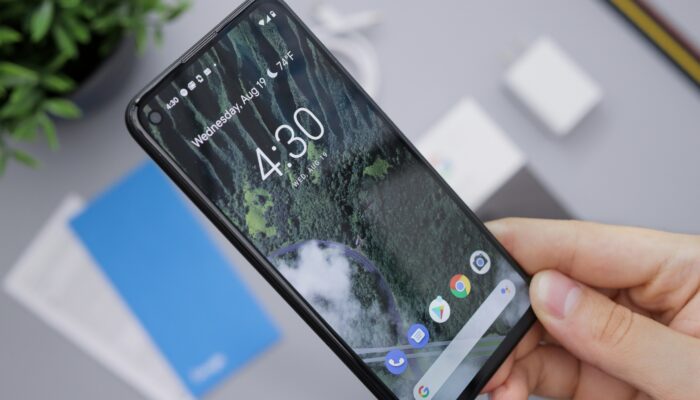
Android allows for deep customization of your phone’s interface, letting you change the look, feel, and functions, even installing third-party UI from the Google Play Store.
iPhones, however, focus on simplicity and standardization. Both platforms have their strengths, such as Apple’s privacy features and Android’s flexibility and options for personalizing your experience.
App Store and Software Support
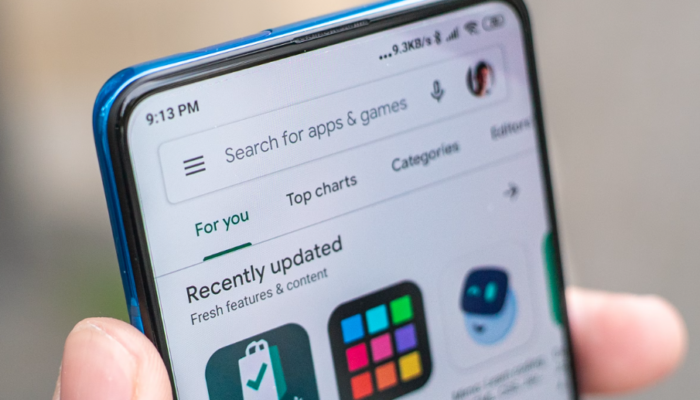
Apple’s App Store is known for its strict guidelines, which ensure high-quality apps and security. Android’s Google Play Store is more open, which can lead to a wider variety of apps, though sometimes at the cost of app quality and security.
Additionally, iPhones tend to receive software updates for more years compared to Android phones, which is worth considering for long-term usage.
Camera and Battery Life
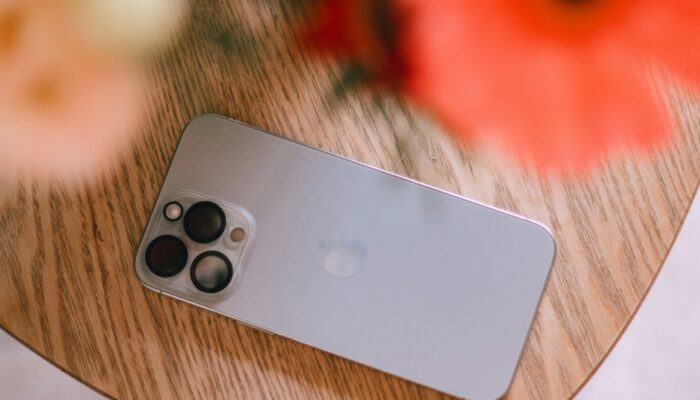
Both iPhones and Android phones now have great cameras, though Android often has the edge with higher megapixel counts and flexibility in camera features.
Even budget Android phones have 108MP cameras. Flagships like the Samsung Galaxy S24 Ultra have 200MP cameras. They also have a wider range of lenses than the iPhone.
The iPhone, on the other hand, is known for its consistency, integration with other Apple devices, much better image quality (especially when sharing on social media), and ease of use.
Battery life varies by model, but in general, Android phones offer more options in terms of battery size and efficiency.
Ultimately, your decision will come down to your preferences for customization, budget, and existing device usage. Both iPhones and Android phones offer powerful options, but understanding your needs will help you make the best choice.



